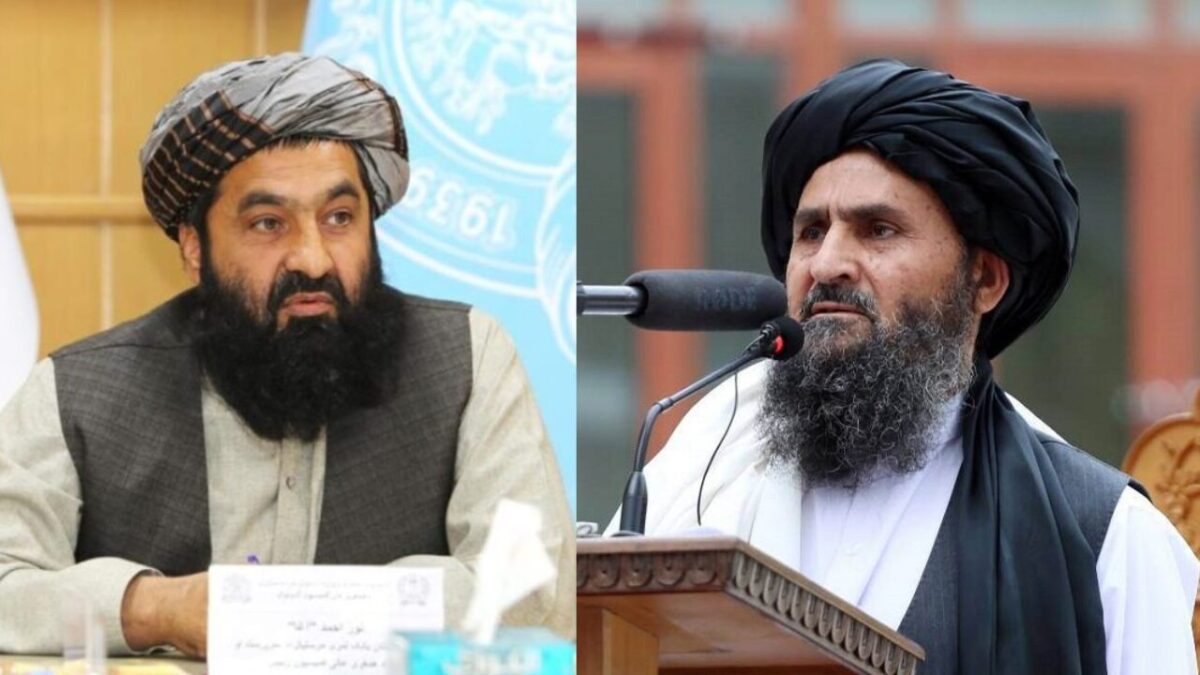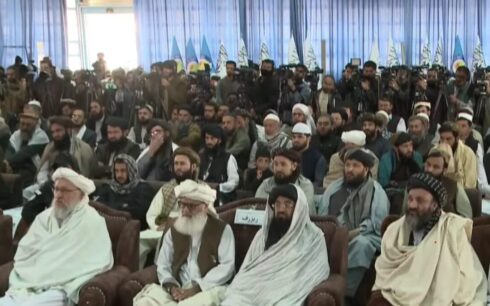UNITED NATIONS — The United Nations Security Council has approved travel ban exemptions for several senior Taliban officials, including Abdul Ghani Baradar, the Taliban’s deputy chief minister, allowing them to travel for diplomatic, medical, and religious purposes.
On February 7, 2025, the Security Council Committee established under resolution 1988 (2011) granted an exemption for Abdul Ghani Baradar, permitting him to visit Doha, Qatar, from February 9 to March 3 for medical treatment, according to a UNSC press release.
Subsequently, on February 14, the committee approved a travel exemption for Ahmad Zia Agha, the Taliban’s deputy governor for the central bank, allowing him to attend the Urals Forum “Cybersecurity in Finance” in Yekaterinburg, Russia, from February 19 to 21.
Taliban said on Thursday, Feb. 13, that Baradar met with Qatar’s Prime Minister and Foreign Minister Mohammed bin Abdulrahman Al Thani during his visit to Doha.
Earlier in the year, on January 22, the committee granted an exemption for Sirajuddin Haqqani, the Taliban’s interior minister, enabling him to travel to Saudi Arabia from January 23 to February 3 to perform Umrah, a religious pilgrimage.
Additionally, on January 10, an exemption was approved for Noor Mohammad Saqib, permitting him to attend the Hajj Conference and Exhibition in Mecca from January 13 to 16.
In late December, the committee authorized a travel exemption for Amir Khan Muttaqi, the Taliban’s foreign minister, allowing him to participate in regional security and reconciliation meetings in Abu Dhabi, United Arab Emirates, from December 28, 2024, to January 7, 2025.
These exemptions come as the U.N. continues to enforce sanctions against Taliban leaders while allowing limited travel for specific purposes. The Taliban remain under international scrutiny, particularly regarding their governance, human rights policies, and engagement with the global community.





